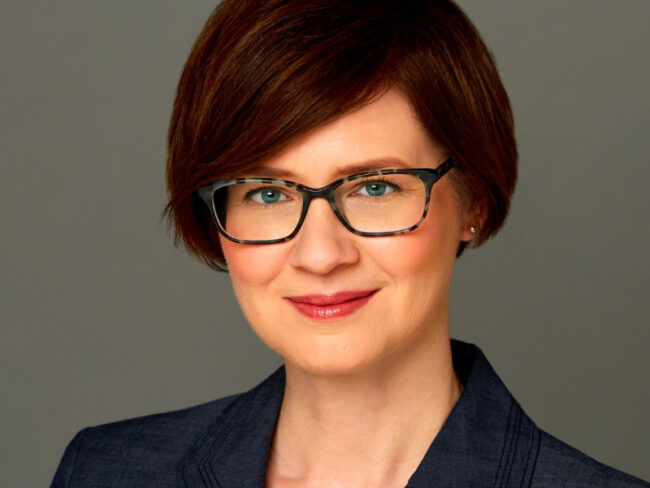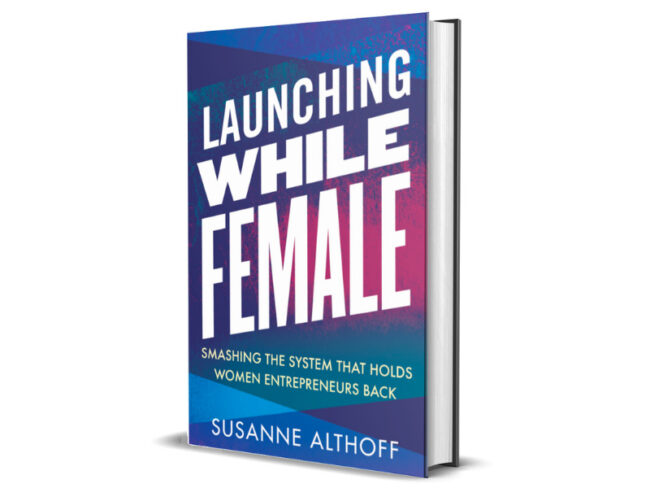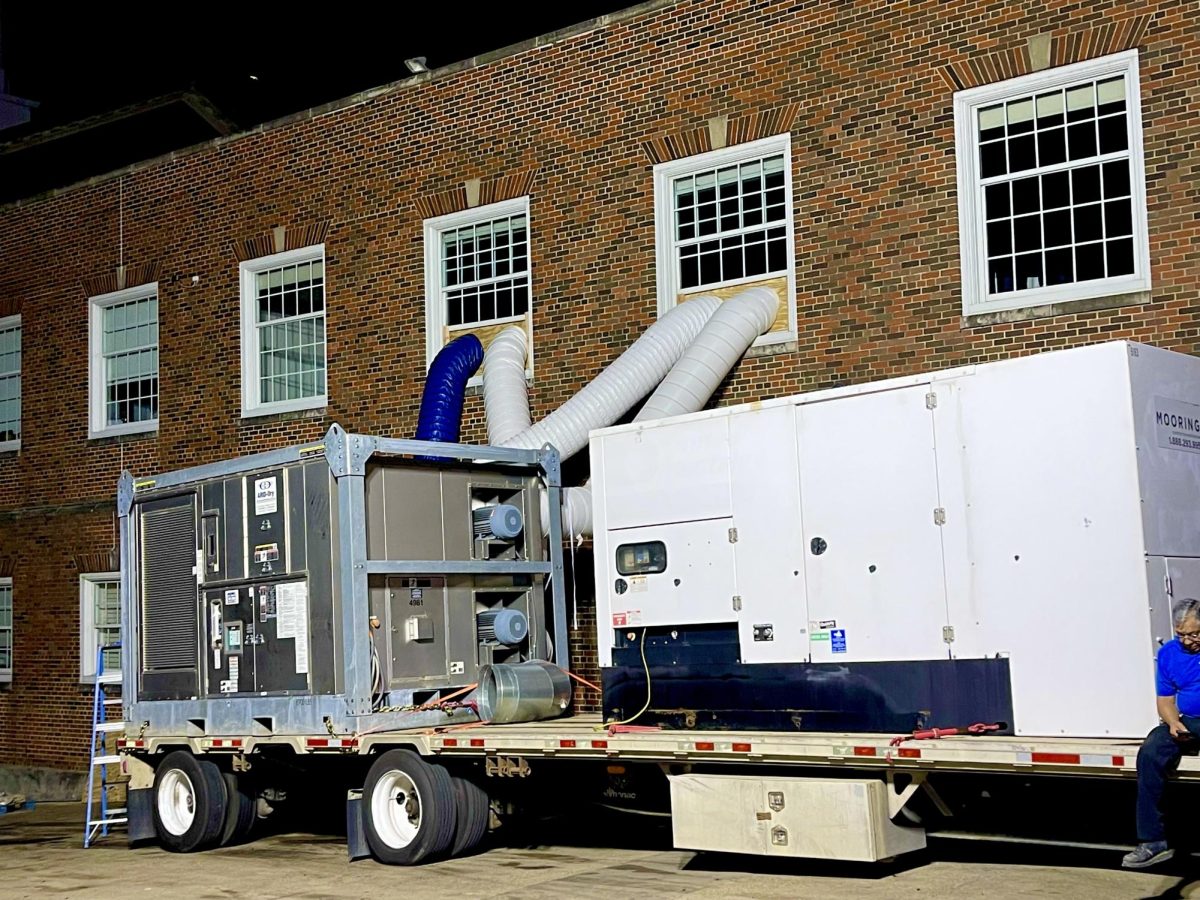Story by Pooja Krishna, Video by Peter Warner
Susanne Althoff, author and associate professor at Emerson College, spoke at the William O’Neil Lecture in Business Journalism. The event took place on Tuesday, March 8 at 5:30 p.m. in Crum Auditorium and was also live-streamed through Zoom.
Althoff teaches publishing entrepreneurship and innovation at Emerson and was magazine editor of The Boston Globe for six years. While at The Boston Globe, she participated in several product launches, which stimulated her interest in entrepreneurship.
https://vimeo.com/686066784When she started at Emerson College, she began mentoring students who were starting their own companies and every student who came to her happened to be female.
“I was struck by how passionate they were and the great ideas that they had, but I was also struck by the number of hurdles that they were encountering,” Althoff said. “They told me about how difficult it was for them to secure funding. It’s difficult for all entrepreneurs to secure funding, but they were experiencing it in a heightened way.”
These students were also experiencing people belittling their ideas and not taking them seriously, all of which further inspired Althoff to examine the idea of an entrepreneurial gender gap.
Six years ago, Althoff set out to interview over 100 women and nonbinary entrepreneurs for her book, Launching While Female: Smashing the System That Holds Women Entrepreneurs Back.
During the lecture, Althoff discussed her book and what she found researching the entrepreneurial gender gap.
In recent years, U.S. women have been launching businesses at an impressive rate. While female owners made up only 5% of all firms in 1972, this number skyrocketed to 42% by 2019. Most of these businesses are run by white women, with 77.3% of all female business owners being white.
“We need to bring about and support the businesses that are owned and run and even the ideas that are germinating from women of color,” Althoff said. “There are great ideas that we are leaving on the table because we are seeing this racial and ethnic imbalance.”
In conducting interviews with different entrepreneurs across the U.S., Althoff found that many of these female-owned companies employ fewer people and make less revenue compared to male-owned companies. The one quality she observed that all these entrepreneurs suffered from was significantly less access to startup capital.
“Investors tend to invest in people who remind them of themselves, who they feel a connection with, who have similar backgrounds and similar schoolings and can talk about new products and services in the same way,” Althoff said. “When you have a venture capital community that is so sorely lacking in diversity, this helps explain why we are not seeing more venture capital going to a wider array of businesses.”
Researchers have also identified that investors often ask female entrepreneurs different questions than male entrepreneurs. While males are often asked positive, growth-oriented questions like “How big can this market get in 5 years?” Females are often asked negative, security-focused questions like “What can you do to ensure you won’t run out of money?”
At the end of the lecture, Althoff suggested six different measures to take to address the entrepreneurial gender gap: change the narrative by promoting women and nonbinary business owners, consider investing in these businesses, push for bigger changes, serve as a mentor and a sponsor, shop deliberately to seek out products and services from female and nonbinary businesses, and make entrepreneurship accessible to younger people.
For all interested in listening to the lecture, a virtual recording will be made available online soon.






















